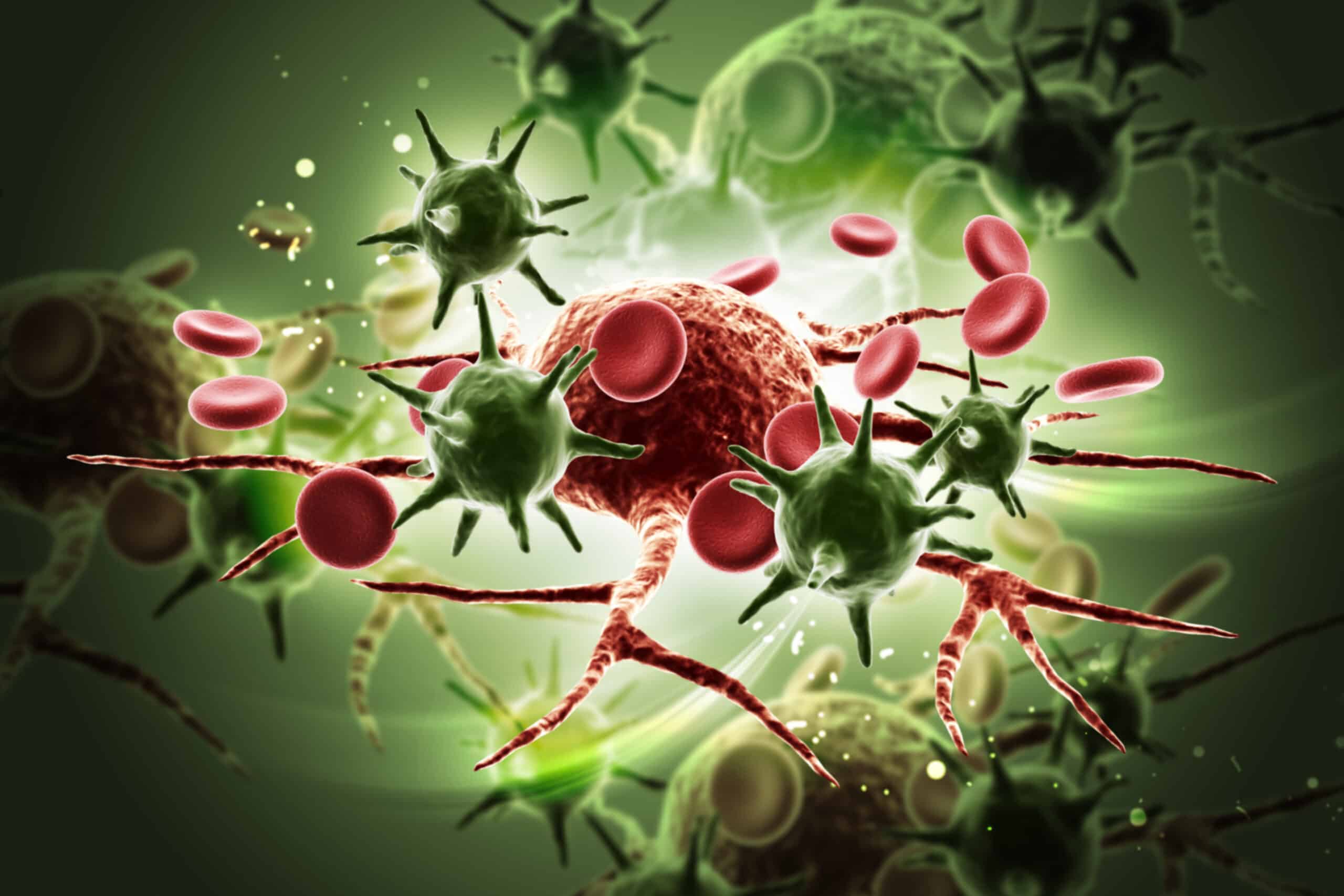Within America alone 1 in every 20 people are likely to develop bowel cancer, and around the globe, over 2.2 million new cases and 1.1 million deaths from bowel cancer are predicted to occur every year by 2030.
In most developed countries the number of deaths has been decreasing, however, the number of new cases has been increasing in some such as in the Netherlands, Canada, and the UK. Screening can help to detect the disease at an early stage where it could be treated more easily, but take up varies considerably from country to country. It can take more than 15 years for bowel cancer to develop, meaning that a healthy lifestyle can play a key role in helping to halt or stop its progress altogether, according to the researchers.
Relevant data was collected from research databases for published systematic reviews, pooled data analysis, and meta-analyses of clinical trials as well as observational studies that assessed the impact of dietary and medicinal factors on the risk of bowel cancer to involve some 80 articles out of a total of 343 that were included in the overarching umbrella analysis of pooled data analyses. Medicinal factors included aspirin, NSAIDs, and statins. Dietary factors included vitamins or supplements, coffee, tea, fish, omega-3 fatty acids, dairy products, fibre, fruits, vegetables, meat and alcohol.
Findings showed that aspirin is likely to be protective against bowel cancer lowering the risk by 14-29% at doses as low as 75 mg/day and a dose-response effect reported to be up to 325 mg/day. NSAIDs use for up to 5 years was associated with a 26-43% decrease in the incidence of bowel cancer. Meta-analysis of observational studies suggest statins may lower the risk of cancer, but no positive effect was noted in the meta-analyses of clinical trial data.
Intake of magnesium of at least 255 mg/day was associated with a 23% lower risk compared with the lowest intake, and high intake of folate acid was associated with a 12-15% decreased risk although it was not possible to pinpoint a threshold dose. Fibre intake was associated with a 22-43% decreased risk, and fruits/veggies intake was associated with up to a 52% lower risk with added benefits for every additional 100 g/day increased intake.
Dairy products were associated with a 13-19% lower risk, but the available data and different outcomes along with the variety of products included made it difficult to make firm conclusions about the quantity required to ward off the disease. Dietary soy intake was associated with an 8-15% decreased risk.
No evidence was found that vitamins E, C, selenium, B-carotene, or multivitamins were protective to help stave off the disease. Data was weak on the impact of tea, garlic, onions, coffee, caffeine, fish, omega-3, and vitamin D either alone or combined with calcium. Data was inconsistent on the protective effects of vitamin A and the B vitamins against the disease. Observational studies showed a modest protective effect from high calcium intake, but clinical trial data and meta-analysis found no protective effects and even found an increased risk.
A 12-21% increased risk was reported in most of the available meta-analyses of observational studies of meat, particularly red and processed meat; and dose-effect studies reported a 10-30% increased risk of disease for every additional 100 g/day of red meat intake.
Similarly, alcohol was associated with a significant increase in the risk of the disease, and the higher the intake the greater the risk was found to be which was evident even at that lowest level of consumption studied at 1-2 drinks per day.
It was noted that the level of evidence was low or very low in most cases which was mainly due to the wide differences in study designs, endpoints, number of participants, etc; and the team was unable to define an optimal dose and duration of exposure/intake for any of the products, even in the case of low dose aspirin and other compounds that have been extensively assessed. Even with these limitations, the team suggests that their findings could help clinicians to advise patients on the best diet to help lower the risk of bowel cancer and to also help guide the direction of future investigations.




